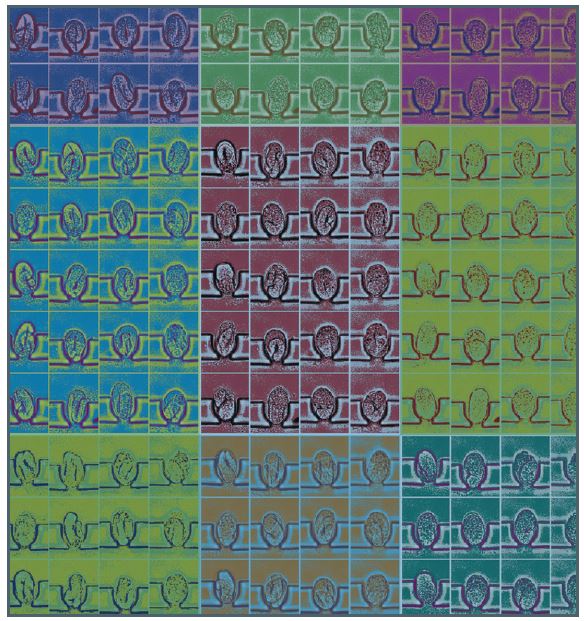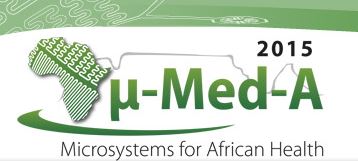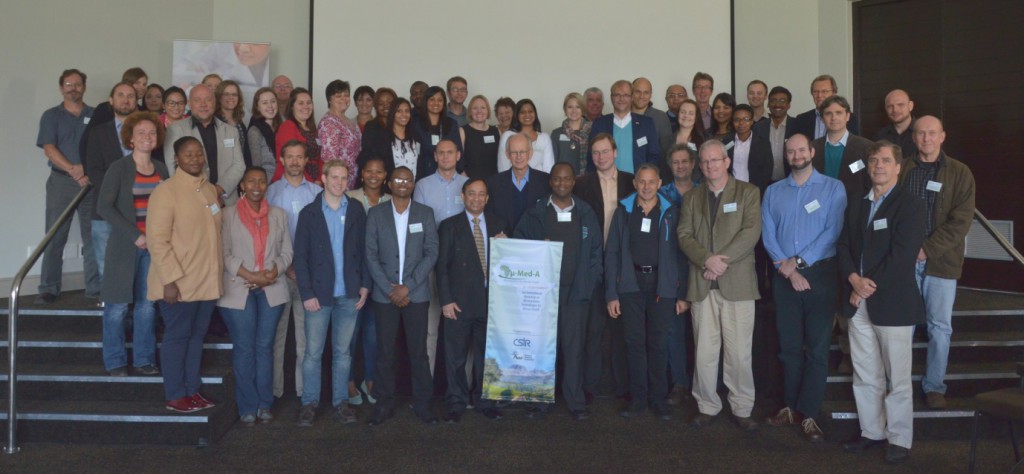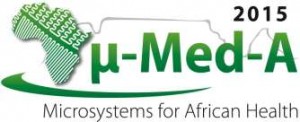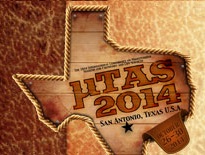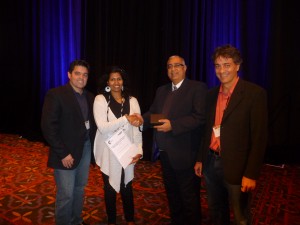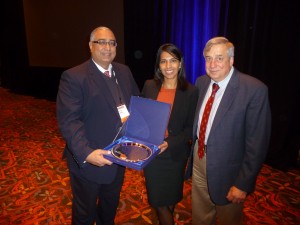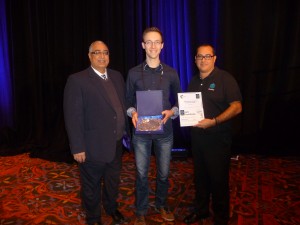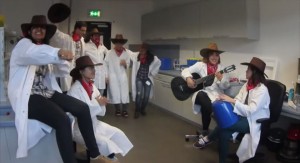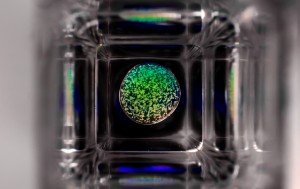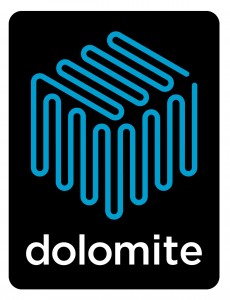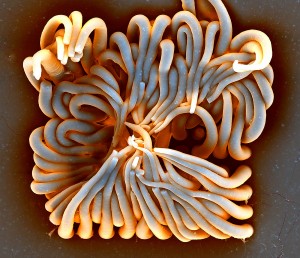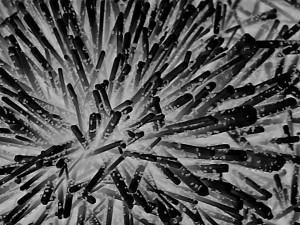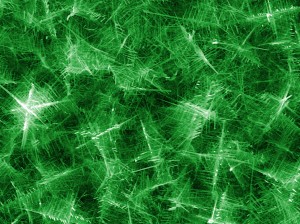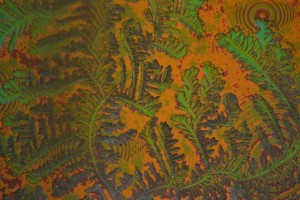The 19th International Conference of Miniaturized Systems for Chemistry and Life Sciences held in Gyeonju, South Korea on October 2015 saw the 8th Art in Science competition.
The judges thought the quality of submissions was really high and the Lab on a Chip team would like to thank all the contributors. Please join us at Lab on a Chip in congratulating all of our prize winners.
You can read more information about this competition and its winners on Darwin R. Reyes’s Editorial in Issue 8.
The Art in Science award is sponsored by NIST and supported by MicroTAS, the Chemical and Biological Microsystems Society (CBMS) and the Lab on a Chip journal. The award consists of a monetary prize ($2500), an award certificate, and the coveted front cover of the Lab on a Chip journal.
We encourage you to participate in the 2016 Art in Science competition
2015 Winner: Through Warhol’s eyepiece, by Matteo Cornaglia
Image winner of the MicroTAS 2015 Art in Science award titled Through Warhol’s eyepiece by Matteo Cornaglia (Laboratory of Microsystems, EPFL).


